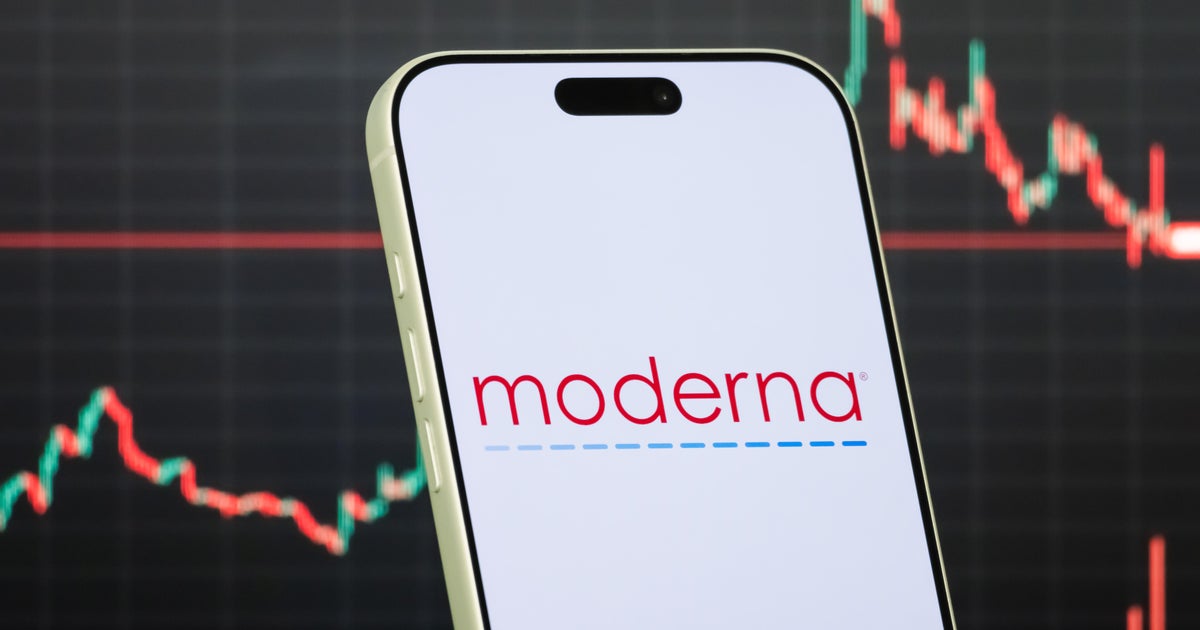Good Question: Can You Get The Flu From The Flu Shot?
MINNEAPOLIS (WCCO) -- Last year, the flu virus showed up in Minnesota in October, so many doctors are recommending people get the shot now.
That had Susie wondering: Can you get sick from the flu shot?
"Good question, common question," said Patsy Stinchfield, a nurse practitioner. She's the director of infection prevention at Children's Hospitals and Clinics of Minnesota.
She says there are actually two questions being asked: can you get the flu from the flu shot? and can you get sick from the flu shot?
"You cannot get the flu from the flu shot," she said. "It's impossible because the flu shot is a killed virus, so you can't get a virus from something that's killed."
As far as getting sick from the flu shot, Stinchfield says some people get a sore arm or body aches that last a day or so.
"What that is," she said, "is that your immune system is going to see that influenza that was just given to you to make those protective antibodies."
In other words, once the vaccine is injected into a person's system, the body's immune system recognizes it, files it away and remembers it so that when you're exposed to the actual virus, all those antibodies kill it.
Nathan Lee of Minneapolis says he got sick from the flu shot four years ago.
"I vomited," he said, mentioning his illness happened the following day. "I think it was related to the shot."
Stinchfield believes that was likely a coincidence.
"Part of it is that we're vaccinating right now, when lots of people are sick. Right now there's lot of coughs, colds and fevers," she said. "There's a lot of things that give us symptoms similar to influenza."
But what can happen is that a person can contract the flu right after he or she gets the shot. The shot takes two weeks to kick in.
"If you get your influenza vaccine yesterday and you are exposed to someone with influenza today, it's likely you're going to get influenza," Stinchfield said.
She says that some people can have an allergic reaction to the shot, but it's very rare – one in a million – and it's usually because someone is allergic to the eggs used to make the vaccine.







